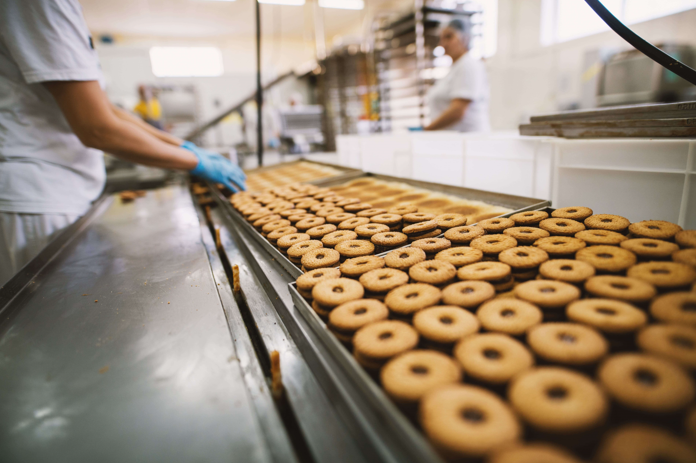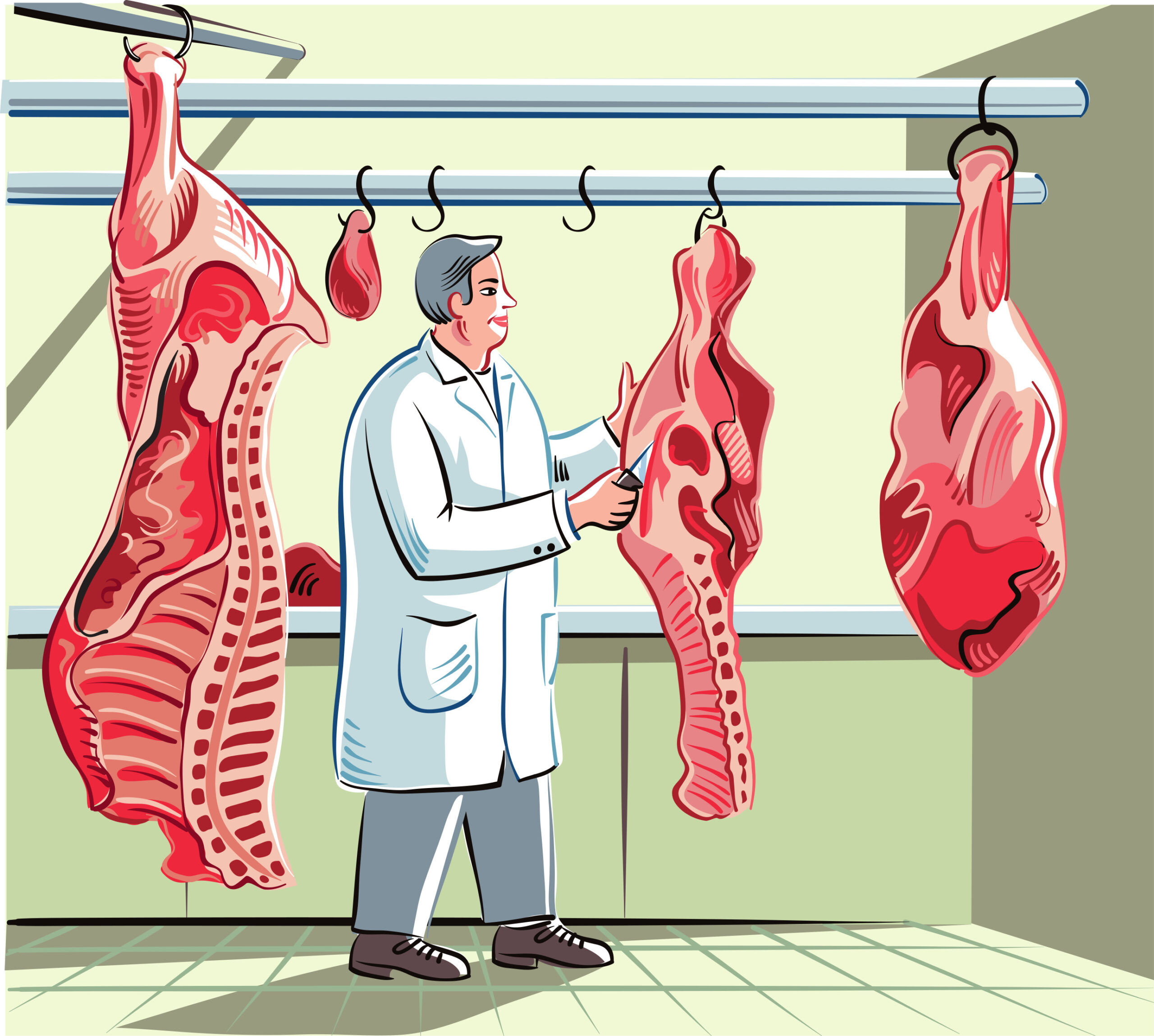The most basic things that Islamic discipline prohibits ingestion as “haram (forbidden)” are “pork” and “alcohol”, and “slaughter in the form of Islamic discipline”. There is “non-pork meat that has not been slaughtered”. Other ingredients, such as “vegetables,” “fruits,” “crops,” “seafood,” “milk,” and “eggs,” are basically halal.
The following is an overview of MPJA’s halal certification standards. MPJA’s halal standards are in line with the halal standards of the Malaysian Islamic Development Agency (JAKIM) and the Indonesian Ulema Council (MUI), ensuring the effectiveness of MPJA halal certification in Malaysia or Indonesia.
Raw materials

- No use of pork or raw materials derived from pork ingredients
- Do not use alcohol for drinking (general alcoholic beverages) (disinfectant / sterilized alcohol can be used)
- Animal raw materials other than pigs (cows, chickens, etc.) must have halal certification (eggs and milk have no problem)
- Do not mix halal and non-halal products
- Halalizing the entire facility that manufactures halal products
The above are the halal standards for raw materials required for the manufacture of foods and cosmetics. Since the material of “Haram” is used as a raw material for various foods and cosmetics manufactured in Japan, it is confirmed at the document review stage that it is not included as an ingredient of products subject to halal certification.
Also, according to Islamic rules, if “halal” products are mixed with “halal” products, the resulting product will be considered as “halal”, so it will be considered as a component of haram in the manufacturing process of halal products. Make sure that no contamination occurs. In the manufacturing process, we confirm not only the raw materials but also the origin of some of the equipment used in the manufacturing process. For example, you cannot use a brush that uses pig hair or a filter that uses pork bones. Therefore, our association recommends halalization of the entire facility (all buildings) where halal products are manufactured. Halalization of the entire facility means that products made from “pork”, “alcohol”, and “non-halal meat” are not manufactured in the facility where halal products are manufactured, including other lines, and are derived from pigs. It is possible to fill by not using equipment using materials in the facility. However, if a system that does not cause mixing is established, it is possible to provide certification based only on a specific production line after a strict examination.
Please contact us for details as there may be exceptions depending on the raw materials used and the factory.
Slaughterhouse
・In principle, make the entire facility halal
・Slaughter according to Islamic slaughter method (total slaughter)
・Hire and manage slaughter of qualified Islamic slaughterers
・No pig farm or pig slaughterhouse near Halal slaughterhouse
The above are the halal standards for slaughterhouses. Although the Islamic discipline prohibits the intake of pork without exception, non-pig meat cannot be admitted as halal unless it is slaughtered in a manner that complies with the Islamic discipline. Therefore, MPJA has established halal certification standards for beef slaughter in line with JAKIM and MUI standards. Most importantly, slaughter-qualified Muslim slaughterers need to slaughter and manage, and slaughter must be done in line with Islamic slaughter methods. Can be mentioned.



